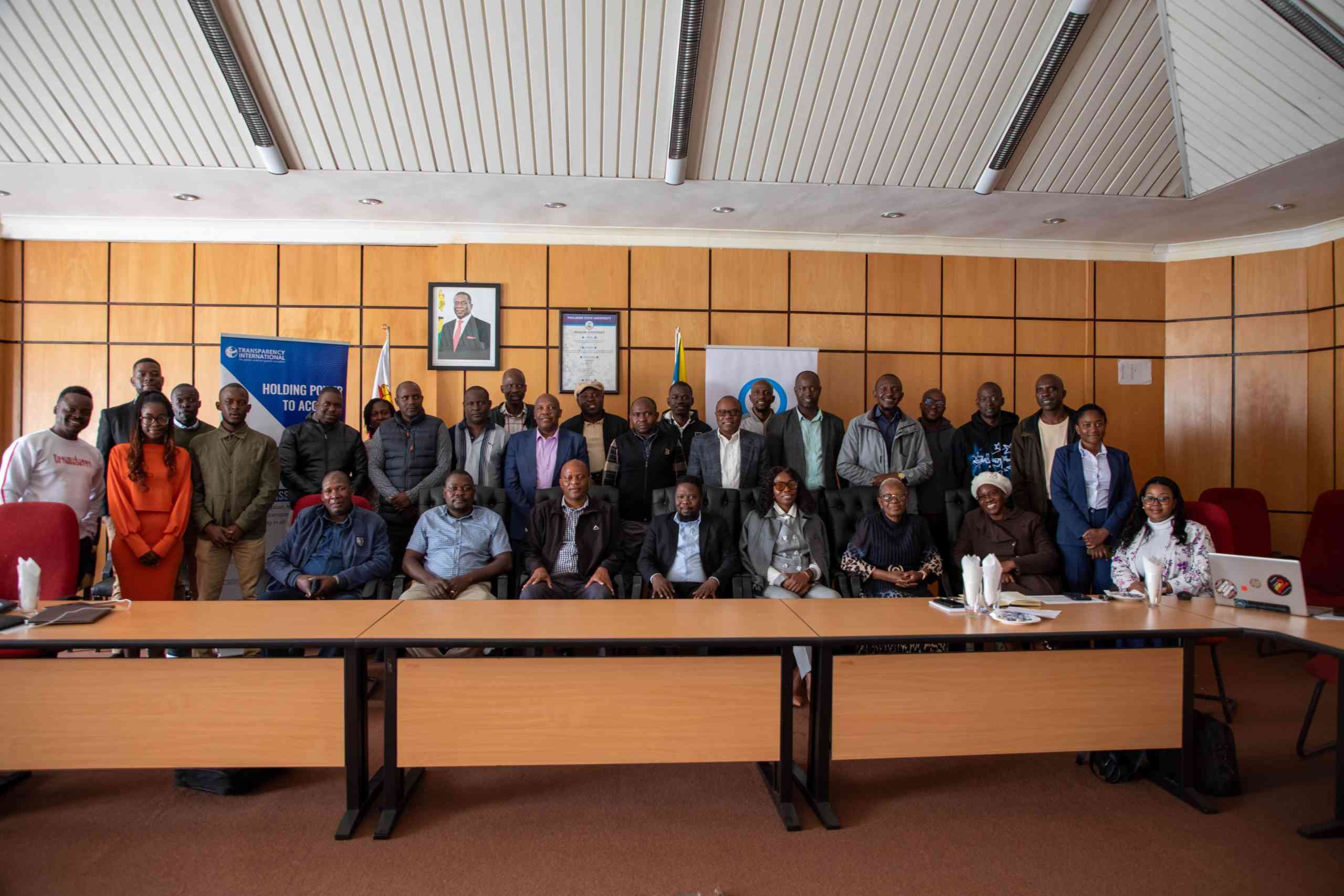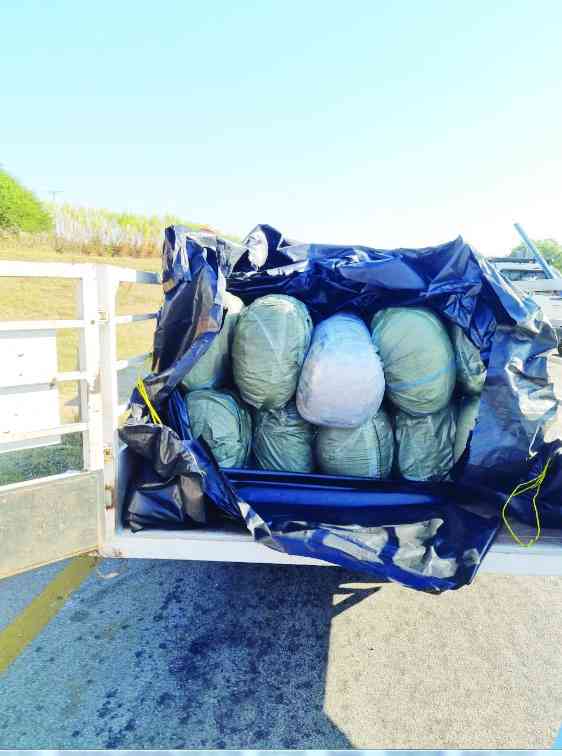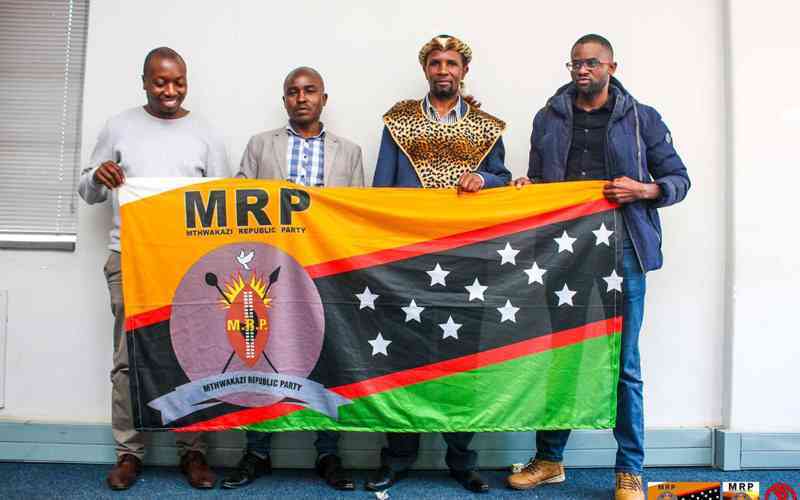
The government has reaffirmed its commitment to the Chilonga lucerne project, making it clear that the evictions of over 1 000 families are still integral to its plans, albeit now framed under the term reorganisation.
This shift in language has raised concerns among local residents about the true implications of the so-called reorganisation.
During a recent parliamentary session, Ropafadzo Makumire, the Member of Parliament for Chiredzi Central, questioned Lands, Agriculture, Fisheries, Water and Rural Development minister Anxious Masuka regarding the government's approach to the Chilonga question.
Masuka confirmed that while the term reorganisation suggests a more community-friendly approach, it still involves significant evictions for many households.
“The reorganisation plan is designed to optimise land use for the lucerne project, but it is essential to recognise that certain households, particularly those situated near water canals, will inevitably be displaced,” Masuka said.
He emphasised that the government’s priority was to ensure the lucerne project’s success, which will necessitate the clearing of land currently occupied by villagers.
The implementation of this reorganisation will involve a detailed assessment of households located in critical areas for the new agricultural infrastructure. Families living close to waterways essential for irrigation are likely to be the first affected.
“We are in the process of identifying which homes must be relocated to facilitate the necessary infrastructure for the project,” he explained.
- Chilonga villagers wary of govt ‘reorganisation’
Keep Reading
Masuka also mentioned that new irrigation blocks will be developed along the Runde River, further necessitating the removal of certain households.
“Villagers in these areas will need to move to accommodate the new irrigation systems that are vital for the lucerne production,” he added.
This latest development follows the enactment of Statutory Instrument 50 of 2021, which directed villagers to prepare for eviction.
The notice mandated that any individual occupying the specified land without proper rights must vacate permanently, underscoring the government's determination to proceed with the lucerne initiative.
Dendairy, the primary investor in this project, aims to utilize approximately 10,000 hectares of arable land for lucerne production targeted at both local and international markets. Despite the government's assurances of reorganisation, many residents remain skeptical, fearing that the term merely masks the reality of displacement.
As the government moves forward with its plans, the concept of reorganisation raises significant concerns among the Chilonga community.
Makumire said that the government tend to lie so they can not 100% trust them.
“Zanu PF lies so we cannot trust them 100% but what we want is the people of Chilonga to first benefit from the project not anyone else,” Makumire said.
Many villagers left questioning whether this new terminology truly reflects a commitment to their welfare or if it is simply a rebranding of the same eviction strategy that threatens their homes and livelihoods.
"They are trying to find a way of penetrating us and once they do so we are done,” said a Happy Chikutu, a Chilonga villager.
“All that which they are saying are blue lies to the entire country.
“They never said anything sensible from the onset of this lucerne song and their plans is to evict the communities as their previous plans and we will resist as before.”
Farai Moyo, another villager, said the community was living in fear of displacement.
The anxiety surrounding potential displacement is palpable, especially given the painful experiences of other communities, such as the Chingwizi vllagers, who faced similar displacements and continue to struggle with inadequate housing and land ten years later,” Moyo.
“We know what they are trying to do. They want it to be like reorganisation yet it is not rather they want to evict us.”
The uncertainty highlights the tension between government development plans and the rights of local residents, leaving many in the Chilonga community grappling with the implications of a reorganization that still fundamentally involves their eviction.
“The minister says the affected villages with a total of 2000 families will be reorganised to allow the irrigation infrastructure”, with all due respect, use of the term reorganise seem to avoid use of the word 'evict'.
“To avoid violations of fundamental human rights, the government must be guided by the supreme law of the land, the Constitution in whatever administrative decisions it makes.”
Cotrad said it supports all government programmes done in the best interests of the public and implemented for purposes beneficial to the community.
If at all, the proposed irrigation scheme is scheduled to benefit the Chilonga community, the government should do proper consultations and obtain an informed consent with all affected persons before the project is implemented.









